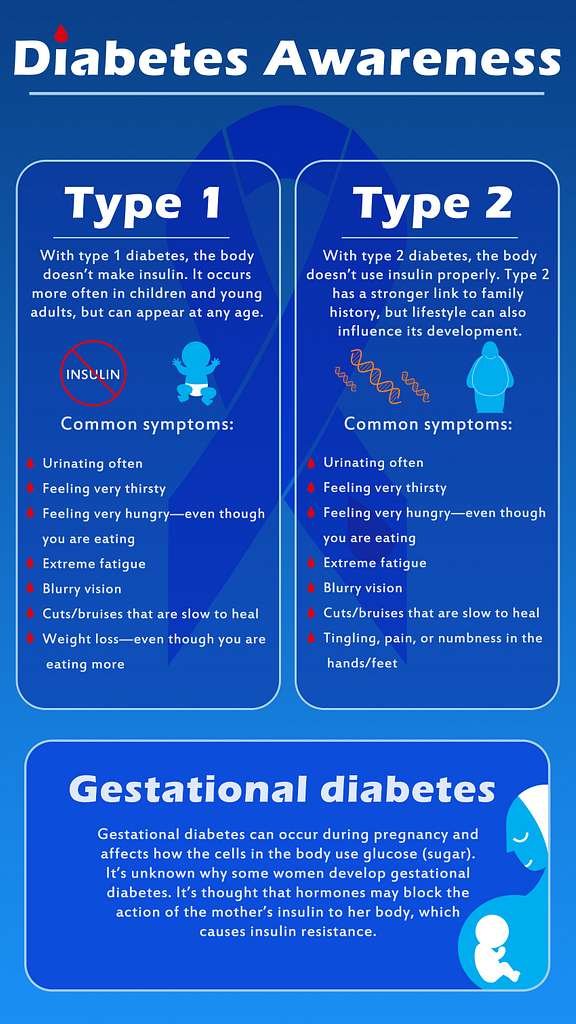Gestational Diabetes Diet | What to Eat and What to Avoid
Pregnancy causes hormonal changes, and certain times of the month can be particularly tough for your hormones. Insulin is a hormone that helps to control blood sugar levels.A pregnant person’s body is not very much sensitive to insulin, which can lead to a spike in blood sugar. If that person does not have the necessary insulin or their body doesn’t produce enough, it can result in gestational diabetes.
Do you or anyone you know have gestational diabetes? Are you looking for tips to correct the condition while pregnant? This article explains the diet people can follow during pregnancy if they have gestational diabetes and what to eat and avoid.
It outlines the different treatment options for gestational diabetes, possible complications, and tips for choosing diabetic-friendly nutritional drinks for gestational diabetes.
What is gestational diabetes?
This type of diabetes has a high risk during pregnancy. If you have this type of diabetes, your body doesn’t produce enough insulin to regulate blood glucose levels properly.
Lower blood levels make it harder for the cells to extract energy from sugar, and it can lead to many health problems, such as neuropathy, poor vision, and memory loss.
A woman’s body goes through many changes during pregnancy, and some changes prevent cells from metabolizing sugar effectively. This is called insulin resistance and can result in weight gain for both the mother and baby.
People with diabetes before pregnancy may experience gestational diabetes too. Symptoms of this condition are similar to those of one without diabetes; however, living a sedentary lifestyle as follows can increase your risk for gestational diabetes.
- Tiredness
- Nausea
- Being unusually thirsty
- Urinating frequently
- Frequent bladder infections
- Blurred vision
- Sugar in the urine is detectable with testing.
Foods to Eat With Gestational Diabetes
People with gestational diabetes need a good diet plan to manage their symptoms. The American Diabetes Association recommends using the diabetes plate method, which helps a person balance healthy food.
To create a balanced meal using this method, a person would fill half the plate with vegetables, often non-starchy but sometimes found in stews or stir-fried dishes.
They would then sprinkle over lean protein for meals like fish or chicken and finally top the plate off with starchy vegetables high in carbohydrates such as grains.
Foods to Avoid With Gestational Diabetes
Eating low-glycemic foods like vegetables and smoothies is important if you follow a gestational diabetes diet.
Sugary foods
For pregnant women, blood sugar levels can increase rapidly when eating sugary foods. Depending on their condition, these foods should be avoided or limited as much as possible.
Sugary foods to avoid include:
- cakes
- cookies
- candy
- desserts
- sweet pastries
- soda
- ice cream
- fruit juice or sugary drinks.
Although milk and whole fruits contain natural sugars.
High-starch foods
Starchy foods that are high in carbohydrates will positively affect blood sugar levels by boosting them at first and then leaving them low later. Avoiding starchy foods with a high glycemic index is best for the human body.
- white potatoes
- white bread
- white rice
- white pasta
People who want to switch from white, refined carbs to whole grains like brown rice, quinoa, or oats might want to consider what they are putting into their bodies and how it affects their food.
Hidden sugars and carbohydrates
Many products don’t seem to be direct sources of sugar, but they still have high levels of both. Some examples are soups and sauces, which typically have a higher ratio of carbs than other products.
- Highly processed foods
- Some condiments, such as dressings and ketchup
- Some fast foods
- Sugar-sweetened soda
- French fries
- Alcohol
The safest advice while pregnant is to avoid alcohol, as it can pose several health risks for you and your baby. It’s also best to avoid any drinks while 18 weeks pregnant and to never drink above the recommended weekly amount, which is just 3 drinks.
Healthy Eating Tips
To help manage blood sugar levels and eat healthily, The CDC gives the following tips:
- Try to eat at regular meal times and avoid skipping meals.
- Adding specific foods to your diet could create fluctuations in your blood sugar levels. To understand their effects on your sugars, you should track what you eat, so that’s the case for the entire week.
- Make a healthier choice by restricting your daily intake of these unhealthy macronutrients.
- Drink water instead of juice or soda since these beverages have much more sugar.
- Cutting back on processed food is one of the easiest ways to enjoy better health. Combining this with a diet rich in fresh fruit instead of processed foods will help you reap significant benefits.
- Make simple swaps, such as switching foods high in saturated fats, like butter and beef cuts of meat, to unsaturated fats, like olive oil and fish.
- Steam vegetables for meals, or add half a cup of beans to make a salad.
- Try to eat a colorful meal with a range of dark green and brightly colored vegetables and fruits like berries!
Spacing meals and snacks throughout the day can reduce blood glucose spikes and help you feel more energetic. Nutrition drinks for diabetics will save time by not checking your food every few hours.
A person with gestational diabetes can use blood sugar monitoring and log their day to see what foods and activities affect their levels. This can help them understand how they should change how they eat to manage their condition.
Ways to Prevent Gestational Diabetes
- Prevention
- Risk factors
- Early signs
- Seeing a doctor
Gestational diabetes occurs in pregnant women who are not yet diagnosed with Type 1 or Type 2 diabetes. It is not caused by the mother’s diet and can be identified immediately, which makes it easy to prevent. A pregnant woman can take steps to reduce her risk for gestational diabetes so that she and her child are healthy.
According to the Centers for Disease Control and Prevention (CDC), approximately 2-10% of pregnancies in the United States develop into gestational diabetes yearly. Gestational diabetes can negatively affect a woman and her fetus, but most are generally easily managed with healthy lifestyle changes.
- The increase in the average woman’s blood pressure
- A higher risk of preeclampsia
- A higher risk of the woman developing type 2 diabetes later in life.
- High birth weight of the baby
- Premature birth
- The baby having low blood sugar levels at birth
Summary
Gestational diabetes happens when pregnancy hormones make your body resistant to insulin. Pancreatic beta cells might work overtime to produce enough extra insulin.
But sometimes, they can’t keep up when the blood glucose becomes too high. Your blood sugar levels can increase, harming a pregnant person and the fetus.
People can regulate blood sugar levels by eating things on a plate, like non-starchy vegetables, lean proteins, fibers, and diabetic friendly nutritional drinks. Those with diabetes or at risk of getting it should eat more fruits and veggies to help regulate their blood sugar levels.
You might be at risk for gestational diabetes if you’re pregnant or are trying to become pregnant. If left untreated, this condition can result in complications during birth and health risks for the pregnant and unborn baby.
Women with gestational diabetes are more likely to have diabetes if they are obese and overhydrated, and she has a family history of diabetes & has had multiple pregnancies.















Post Comment